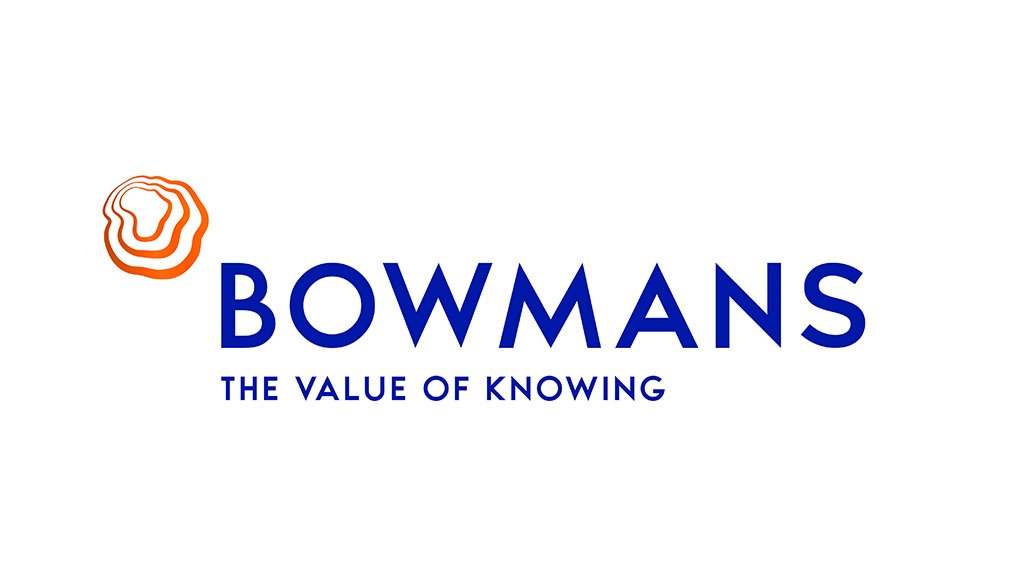There is an uncertainty as to whether the law relating to insolvency, in respect of the winding up of a company unable to pay its debts, permits a liquidator of such company to take possession of property of the company in the custody and/or under the control of SARS. The question extends to whether the liquidator should deal with the property as provided for in the law relating to insolvency even though customs duty and VAT have not been paid on such property in terms of the Customs and VAT Acts.
In the ordinary course, a liquidator is obliged to take possession and control of all assets of the liquidated company, even if the assets are in the possession of a third party who claims a lien or right of retention over the assets. Section 47 of the Insolvency Act specifically requires the third party to deliver the asset to the liquidator, against a written undertaking by the liquidator to recognise the claim of the third party giving rise to the lien.
In a recent judgment by the Supreme Court of Appeal (SCA) it was held that a liquidator is entitled to take the possession of the property in terms of the Insolvency Act, even though the duty and VAT of the property has not been paid to SARS. In other words, SARS cannot prevent a liquidator from taking possession of property by virtue of the fact that the duty and VAT of the property has not been paid.
In this case, the company was placed under winding-up because it was unable to pay its debts. Prior to its winding-up the company purchased certain items of heavy duty equipment. The company had sent the equipment overseas for operations in that country. When the company’s operations overseas were complete the equipment was returned to South Africa. The company appointed a clearing and forwarding agent in respect of the importation of the equipment. The equipment arrived in the country and was duly entered into the warehouse of the agent, with deferment of customs duty and VAT pursuant the Customs and VAT Acts.
In the court a quo, the liquidators instituted proceedings for an order directing that the equipment be released to them without payment of duty and VAT. They contended that they were obliged, in terms of the 1973 Companies Act, and the Insolvency Act, to take possession of the equipment. SARS opposed the application contending that the equipment could only be released to the liquidators after compliance with certain provisions of the Customs Act, and in particular, payment of the duty and VAT. The liquidators contended that the Insolvency Act obliged SARS to release the equipment to the liquidators against an undertaking to recognise the amounts owed to SARS. The court a quo found that section 47 of the Insolvency Act applies even where the assets were embargoed by SARS as a lien for payment of VAT and duty, and ordered the equipment to be released to the liquidators and dealt with in terms of the laws of insolvency.
SARS lodged an appeal against the decision of the court a quo on the basis that the court erred in approaching the matter as if SARS was simply a creditor of the company and SARS was entitled to be treated otherwise than in terms of the Insolvency Act. SARS also relied on various provisions of the Custom Actbecause the duty imposed on imported goods is not only for fiscal measure but is also a means of promoting the State’s economic and other interests.
In the appeal, the SCA held that the ranking of claims within the Insolvency Act does not countenance any creditor being granted a preference such as that contended for by SARS. The various provisions of the Customs Act replied on by SARS are all addressed to the ordinary situation where goods are brought into the country and attract a liability to pay customs duty. These provisions do not address the special situation of insolvency. In situations of insolvency, our common law and Insolvency Act provide that a trustee has to realise all the assets of an insolvent including those subject to a lien and as such the trustee is entitled to demand delivery thereof. The SCA further held that there is nothing in either the Customs Act or the Insolvency Act which expressly or by necessary implication provides that goods subject to a lien in favour of SARS do not fall under the laws of insolvency.
Finally, the SCA confirmed that the court a quo correctly concluded that the Customs and VAT Acts do not preclude SARS from releasing the equipment to the liquidators without the liquidators first having to pay duty and VAT thereon.
Written By Virusha Subban, partner specialising in customs, excise and international trade, Claire van Zuylen, partner and head of the Restructuring Service Line and Yue Li candidate attorney, Bowmans
EMAIL THIS ARTICLE SAVE THIS ARTICLE ARTICLE ENQUIRY
To subscribe email subscriptions@creamermedia.co.za or click here
To advertise email advertising@creamermedia.co.za or click here











